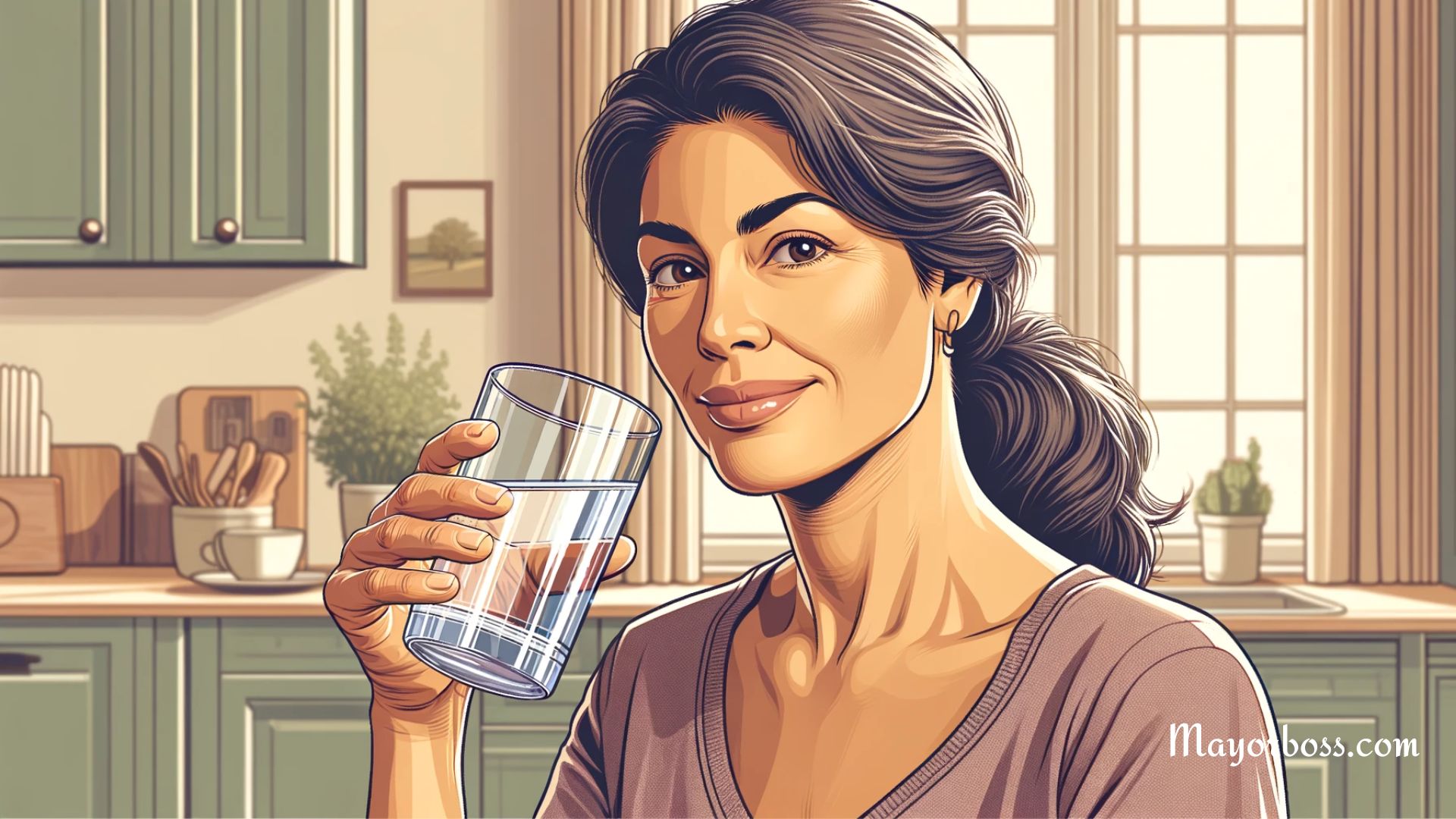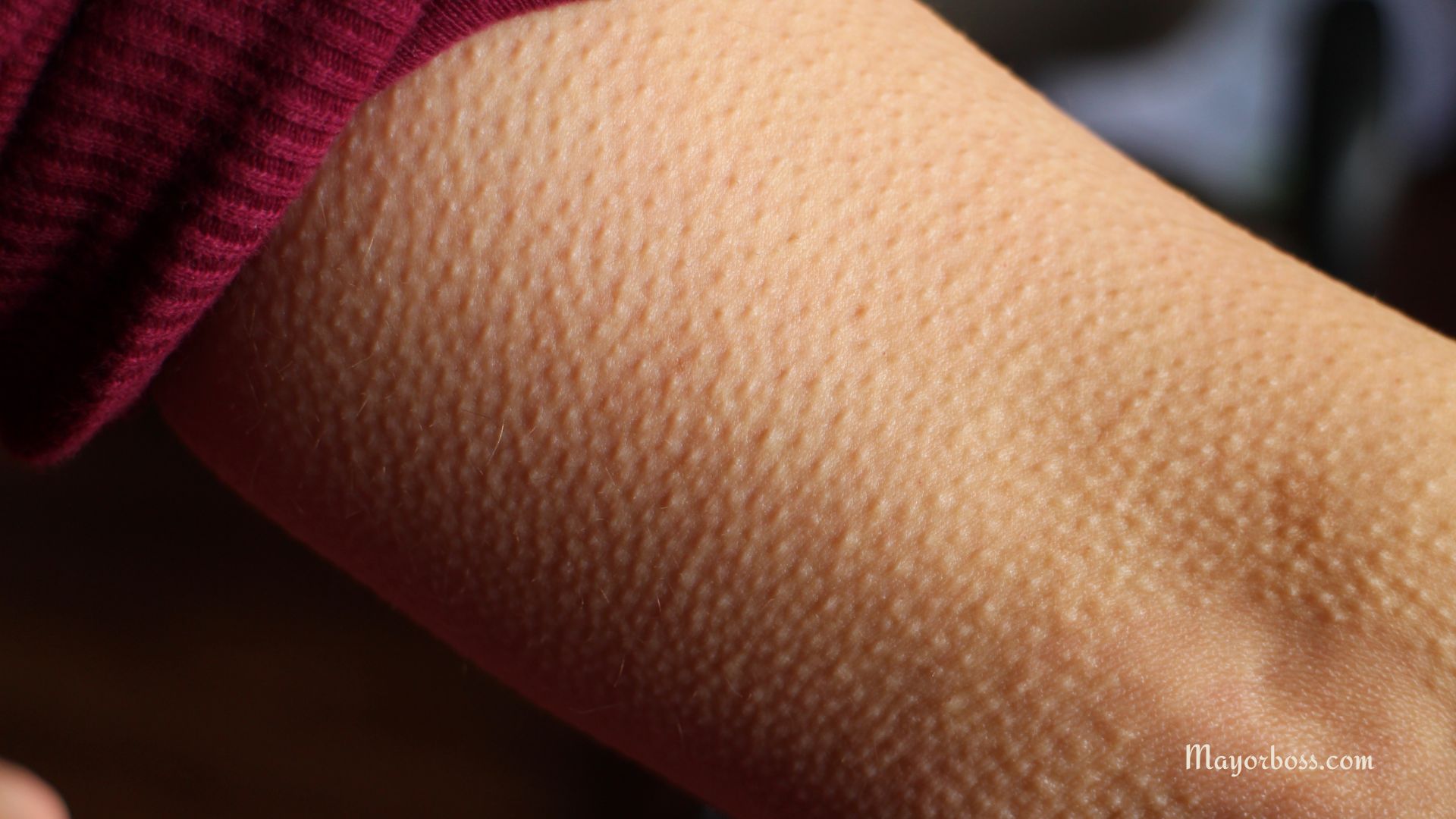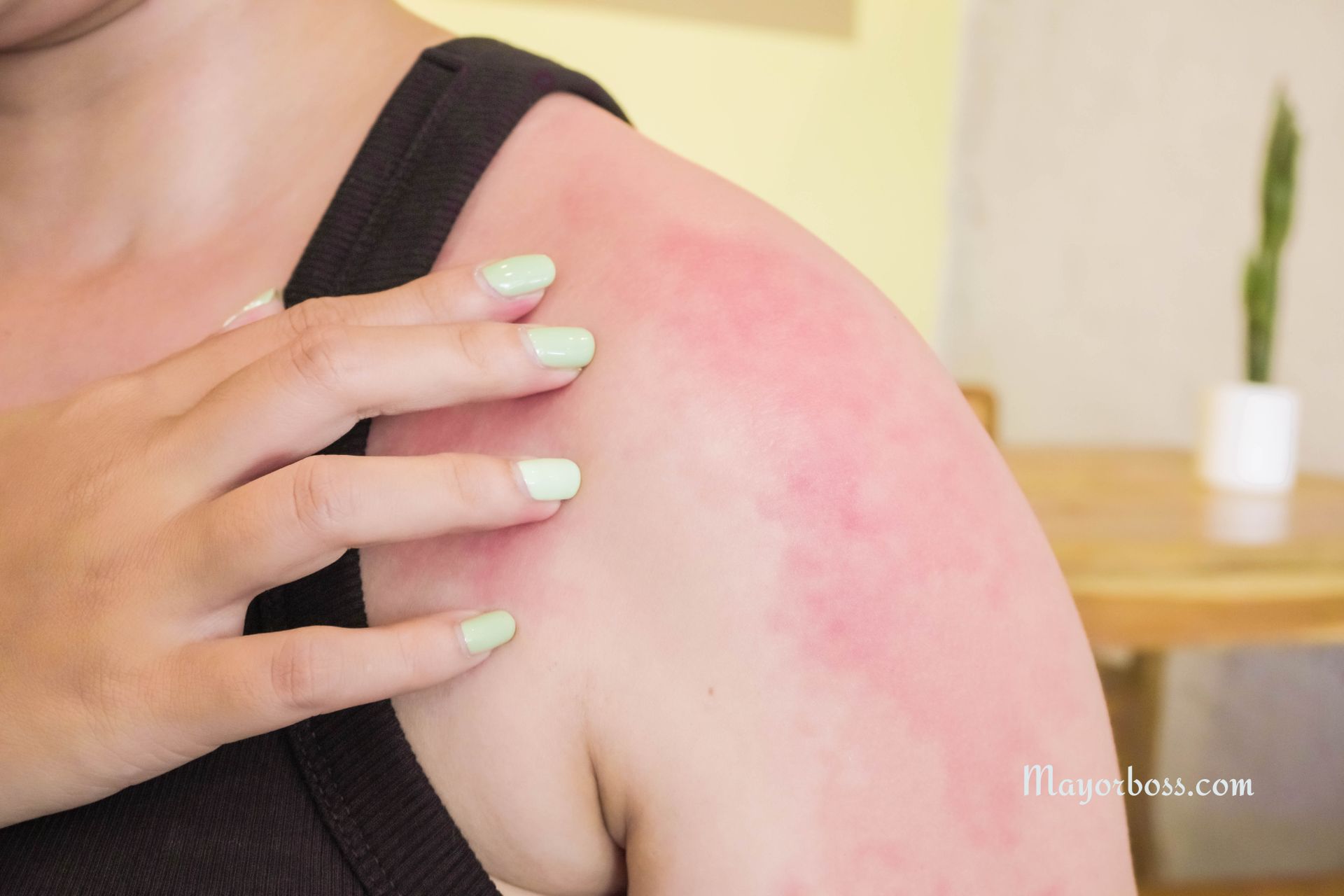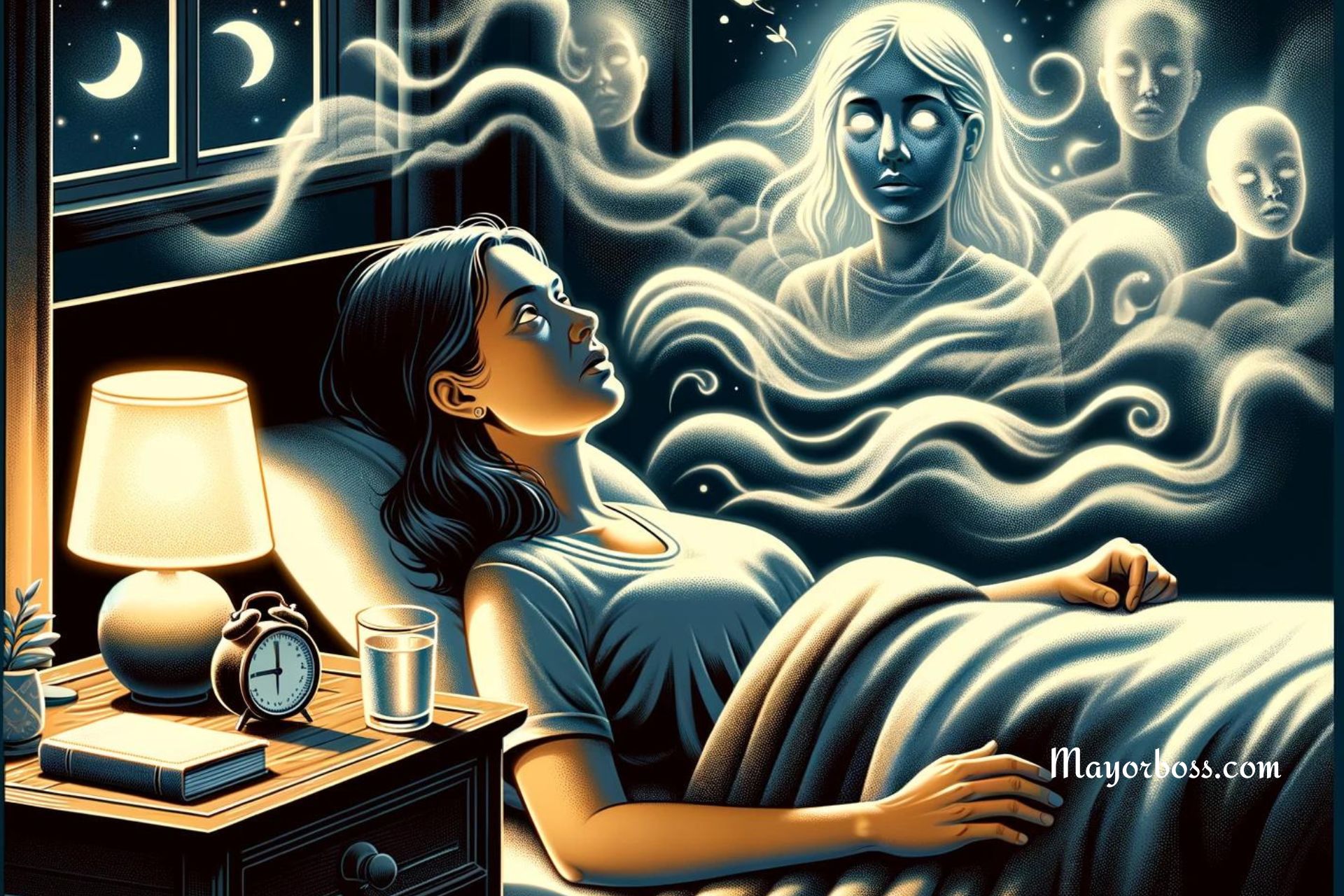What Happens to Your Blood Pressure When You Drink Coffee Every Day?
Drinking coffee every day can cause a temporary rise in blood pressure, especially soon after you finish a cup. However, for most healthy adults, moderate coffee intake does not lead to long-term high blood pressure. If you have hypertension or are sensitive to caffeine, you may notice more noticeable effects.

Coffee is a daily ritual for millions of people. Some reach for it to wake up. Others enjoy the flavor or the comfort of a warm cup in their hands. But if you check your blood pressure regularly, you might wonder: Is that morning coffee helping or hurting your numbers?
Continue reading to learn what happens inside your body after you drink coffee, and what it means for your blood pressure in the long run.
How Coffee Affects Your Body
When you drink coffee, caffeine quickly enters your bloodstream. It acts as a stimulant. You may feel more alert. Your heart might beat a little faster. You might even feel a burst of energy.
This is because caffeine blocks a chemical called adenosine, which usually helps you feel calm and sleepy. Without adenosine slowing things down, your nervous system speeds up. Blood vessels tighten. Your body releases adrenaline. All of these changes can push your blood pressure up, at least for a short time.1
Short-Term Blood Pressure Spike
Research shows that coffee can raise your blood pressure shortly after you drink it. This effect is most noticeable in people who do not drink coffee regularly. If you are new to caffeine, your blood pressure may go up by 5 to 10 points within 30 minutes of drinking a cup. This spike usually lasts for a few hours.
For most healthy adults, this rise is temporary. Your body adjusts, and your blood pressure returns to normal after a few hours. But for people who already have high blood pressure, this jump can be more pronounced.2
What Happens If You Drink Coffee Every Day?
If you drink coffee daily, your body may develop some tolerance to caffeine. In other words, your blood pressure might not react as strongly to coffee as it did when you first started drinking it. For many regular coffee drinkers, the blood pressure spike becomes less noticeable over time.
Several studies support this idea. Long-term coffee drinkers often have similar blood pressure levels as those who do not drink coffee. The effect of coffee on your blood pressure may fade as your body gets used to it.3
Can Coffee Cause Long-Term High Blood Pressure?
This is a common concern, especially for people at risk of heart disease or stroke. According to research, moderate coffee drinking—about one to three cups a day—does not appear to cause long-term high blood pressure in most people.4
Large studies, including those published in the American Journal of Clinical Nutrition and Hypertension, have found no strong link between regular coffee drinking and the development of chronic high blood pressure. Some studies even suggest that coffee might have some protective effects for heart health, thanks to its antioxidants.
Are There Exceptions?
While coffee is safe for most adults in moderation, some people need to be more careful.
- People with high blood pressure: If you already have hypertension, even a small rise from coffee could matter. It’s wise to monitor your blood pressure after drinking coffee to see how your body responds.
- Caffeine sensitivity: Some people are more sensitive to caffeine. Even one cup can cause palpitations, jitteriness, or a sustained increase in blood pressure.
- Other sources of caffeine: Don’t forget that soda, energy drinks, tea, and even chocolate contain caffeine, too. All of these can add up.
How Much Coffee Is Safe?
For most healthy adults, up to 400 milligrams of caffeine per day is considered safe. That’s roughly four standard cups of brewed coffee. If you have high blood pressure or other heart issues, your doctor may recommend less.
It’s a good idea to spread your coffee intake throughout the day, rather than drinking several cups in a short time. Drinking coffee with food can also help soften its impact on your blood pressure.
Tips to Enjoy Coffee Without Worry
- Know your numbers: If you have high blood pressure, check it at home after drinking coffee.
- Drink in moderation: Stick to one to three cups a day unless your doctor says otherwise.
- Watch your additions: Sugar, cream, and flavored syrups can add calories and fat, which may affect your heart health.
- Avoid coffee before blood pressure checks: Caffeine can cause a temporary rise, so avoid coffee for at least 30 minutes before measuring your blood pressure.
When to Talk to Your Doctor
If you notice that your blood pressure is consistently higher after drinking coffee, talk to your healthcare provider. They can help you decide if you need to limit caffeine or check for other causes of high blood pressure.
Takeaways
- Coffee can cause a short-term rise in blood pressure, especially in people who don’t drink it often.
- For most regular coffee drinkers, moderate intake does not cause long-term high blood pressure.
- If you have hypertension or are sensitive to caffeine, monitor your response and consult your doctor.
Frequently Asked Questions
1. Can coffee raise your blood pressure permanently?
No, for most healthy adults, coffee causes only a temporary rise in blood pressure. Long-term, moderate intake does not usually result in chronic high blood pressure.
2. How long does caffeine affect blood pressure?
The blood pressure spike from caffeine usually peaks within 30 to 60 minutes and fades after about three hours.
3. Is decaffeinated coffee a safer choice for people with high blood pressure?
Decaf coffee has much less caffeine and is less likely to cause a noticeable increase in blood pressure. It can be a good alternative for sensitive individuals.
4. Should people with hypertension avoid coffee completely?
Not necessarily. Many people with high blood pressure can still enjoy coffee in moderation, but they should monitor their response and discuss any concerns with their doctor.
5. What other lifestyle changes can help manage blood pressure?
Regular exercise, eating a balanced diet, reducing salt, managing stress, and taking prescribed medications all help control blood pressure.
References:
- https://www.healthline.com/health/caffeine-effects-on-body ↩︎
- https://www.mayoclinic.org/diseases-conditions/high-blood-pressure/expert-answers/blood-pressure/faq-20058543 ↩︎
- https://www.health.harvard.edu/heart-health/coffee_and_your_blood_pressure ↩︎
- https://pmc.ncbi.nlm.nih.gov/articles/PMC2605331/ ↩︎






